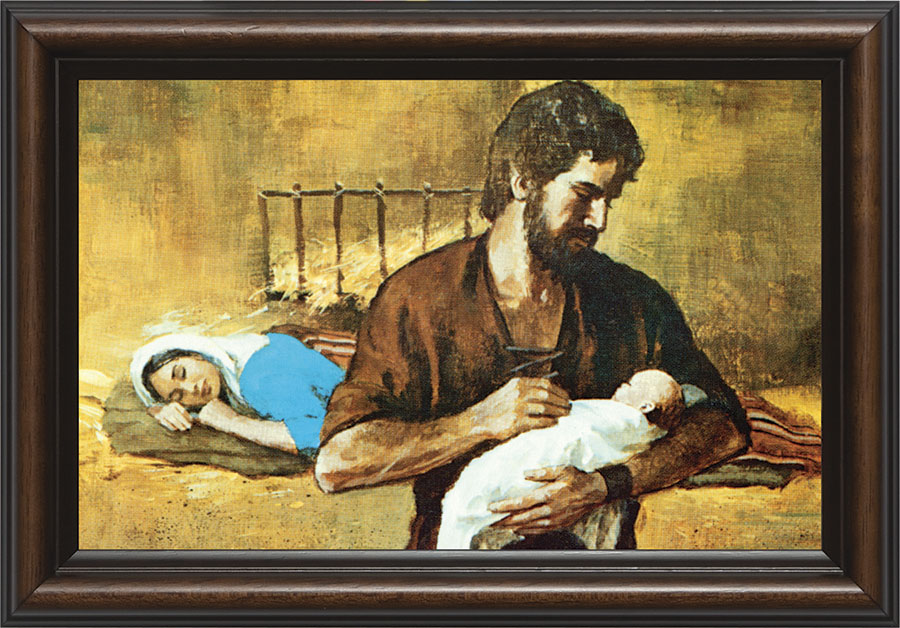 Historical Context, Background, and Purpose:
Historical Context, Background, and Purpose:The Year of Saint Joseph: 2020-2021
by Felix Just, S.J., Ph.D.
 Historical Context, Background, and Purpose:
Historical Context, Background, and Purpose: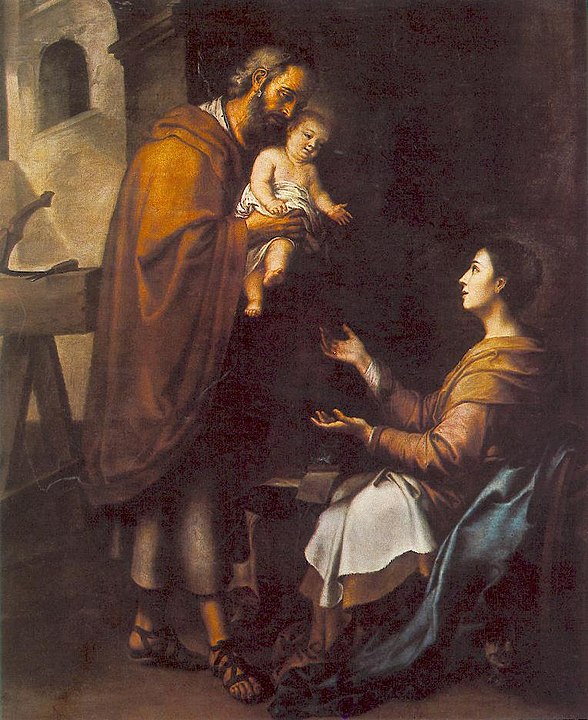 Biblical References to St. Joseph of Nazareth:
Biblical References to St. Joseph of Nazareth: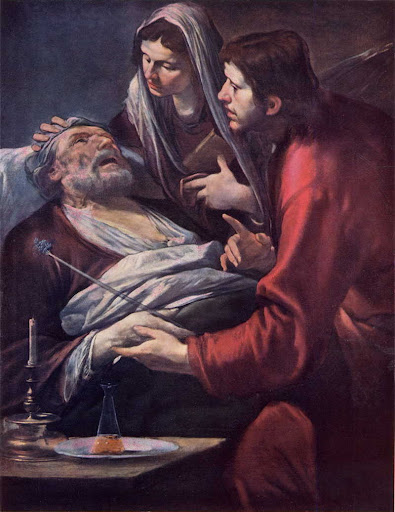 Other Biblical and Post-Biblical Writings:
Other Biblical and Post-Biblical Writings:
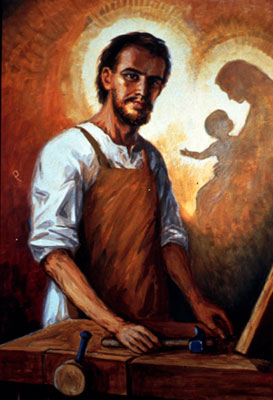 Liturgical Celebrations of St. Joseph:
Liturgical Celebrations of St. Joseph: 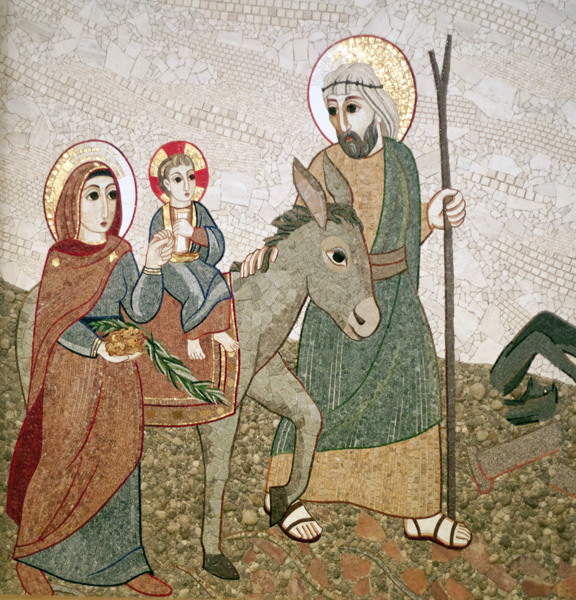 Online Resources for the Year of St. Joseph:
Online Resources for the Year of St. Joseph: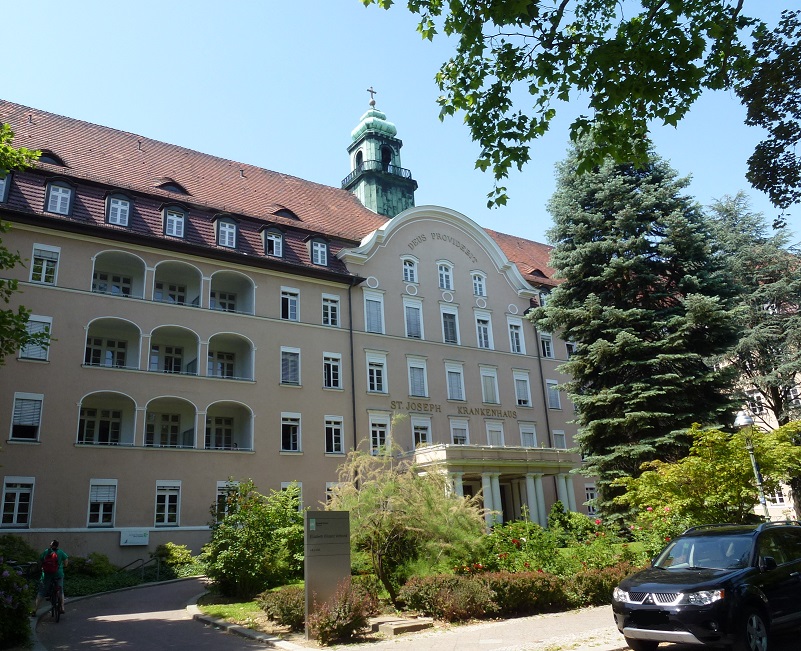 On a Personal Note:
On a Personal Note:![]()
Return to the HOME PAGE of Felix Just, S.J.
This page was last updated on
February 5, 2024
Copyright © 2020--2021